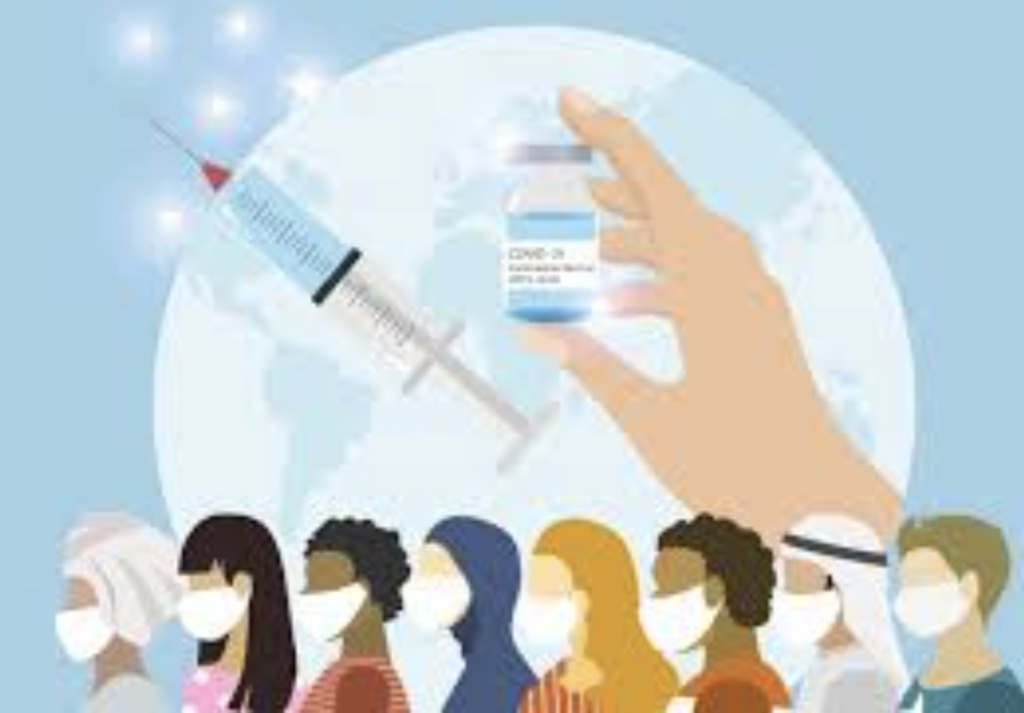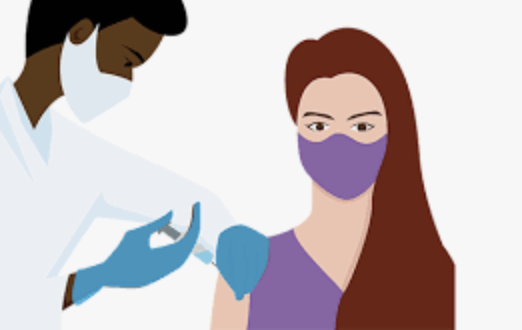Have you ever called a phone number 75 times, getting a busy signal every time, and then gotten through on call No. 76?
Frustrating, yes?
Actually no. I felt like the guy who kept hitting myself over the head with a hammer because it felt so good when he stopped. I had been calling our county health department to try and get an appointment for Nicole and me to get the vaccine for COVID-19.
Some places may be better than others at setting up appointments, but there aren’t many ways more difficult than calling a number that nearly always is busy. In total, I called the number 123 times and got through three times. The first time was a call I inadvertently dialed after 5 p.m., the second was when the recording told me they were out of vaccine.
I will give them credit for one thing. When I finally got a live person on the line, he was extremely courteous, very nice and not a bit impatient. He set up our appointments very quickly and did a fine job.
And while I won’t be able truly to relax until after we get the shots, having the appointment — and only five days in the future — has definitely reduced our anxiety level. Priorities aren’t the same in every state, but here in Georgia, the fact that Nicole and I are on the far side of 65 put us in the top priority group.
It’s funny. The whole time I was making the calls, I was thinking about how annoying this would have been when I was 15, when the only phones we had in our house had rotary dials on them. At least with my iPhone 12, each of my 76 calls today involved hitting three buttons — first to dial the number, second to turn on the speakerphone and third to disconnect the call when I heard a busy signal. It got so it wasn’t taking me more than 4-5 seconds per call.

I read an amazing article in the New Yorker the other day. It’s an expensive subscription, but as a writer I appreciate both the quality of the articles and the fact that historically, the magazine has always been accepting of long stories. Atul Gawande’s “Don’t Tell Me What to Do,” a look at how Minot, N.D., has dealt with the coronavirus, took up 12 pages and I was disappointed when it was finished.
It showed that the problems with prevention in many states is that people resent being told to wear masks, particularly when it’s the government doing the telling. Actually, maybe the one entity that has done the most to make people wear masks and socially distance is Walmart. Along with Target, requiring shoppers to wear masks and to stay six feet apart are very positive, proactive steps.
And it doesn’t come across as telling people what to do. It’s more in the vein of “No shirt, no shoes, no service,” and it’s essentially telling people that they don’t have to shop there, but if they want to, they have to follow the rules.
I’ve been wearing a mask every time I leave the house for nearly a year, and then again, I have a three-digit IQ and I’m not a righty-winger. (I think generally those two go together) As we approach half a million dead in the U.S., I tend to think history is going to see Donald Trump as the great villain.
His first big error was downplaying it and saying the virus would go away on its own (“like a miracle”) and the second was never once telling people to wear masks. He did suggest they could if they wanted to, but that he saw it as a freedom issue and rarely appeared in public with a mask on.
Even the one thing he did right — pushing hard for a vaccine to be developed quickly — was a mixed blessing. A huge number of people don’t trust the vaccine precisely because it was developed so quickly.
I’m not one of them. I will take the vaccine cheerfully and come back four weeks late for the second shot.
But that doesn’t mean I’ll stop wearing masks, and I fully intend to avoid crowd situations wherever possible.
As I said, I have a three-digit IQ.
And my wife is even smarter than I am.

